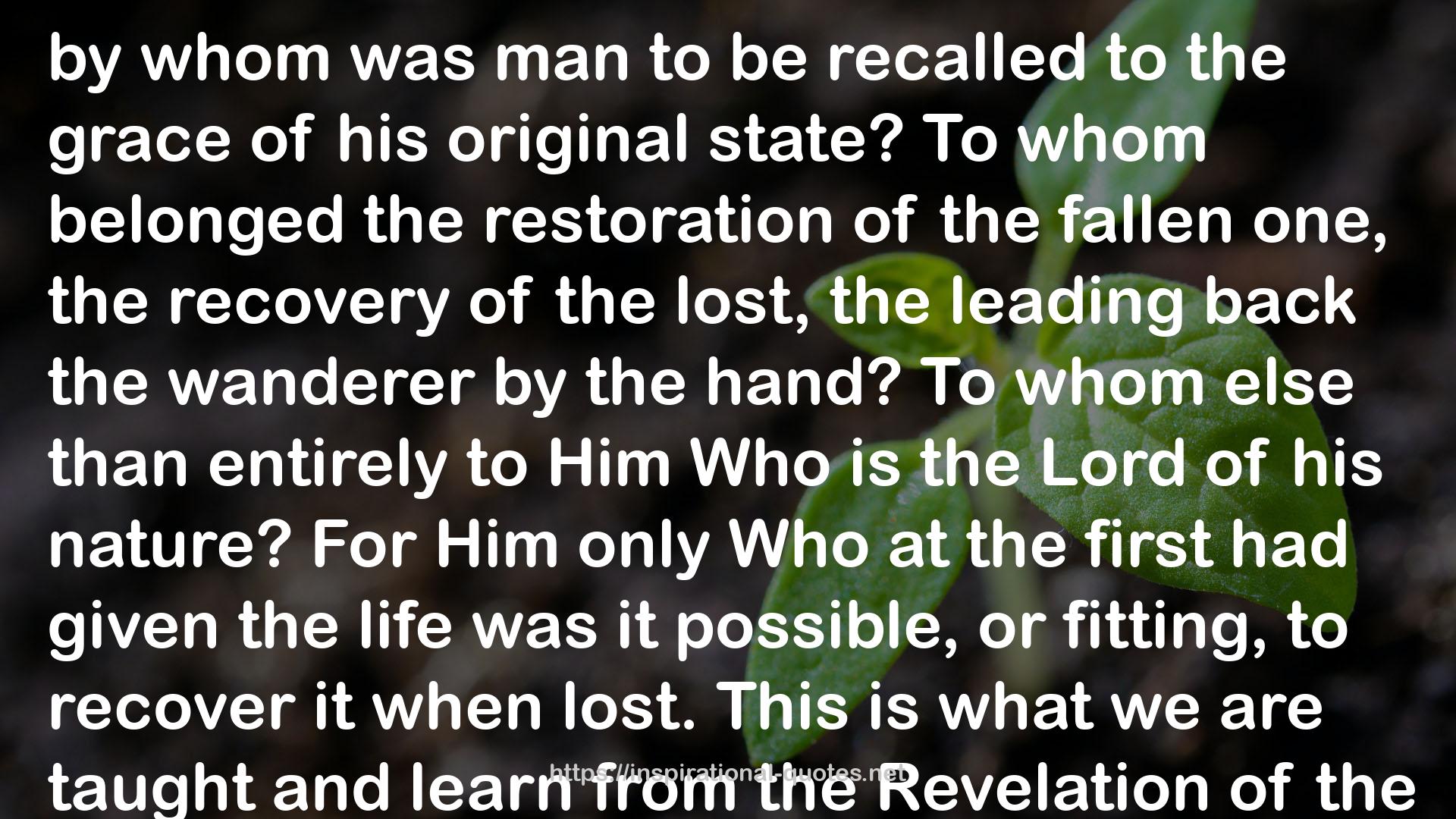The Great Catechism (Orthodox Church Fathers) QUOTES
SOME WORKS
- Wasifiyat / واصفیات
- Hum If You Don't Know the Words
- Shelter in Place
- For People of Strength, Soul, and Spirit: Seven Guidelines for Life & Career Success
- The Spears of Twilight: Life and Death in the Amazon Jungle
- Doing Anthropology in Consumer Research
- Tales of the Field: On Writing Ethnography
- The Devil and Commodity Fetishism in South America
- The Corner: A Year in the Life of an Inner-City Neighborhood
- Strategic Vision: America and the Crisis of Global Power

